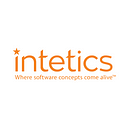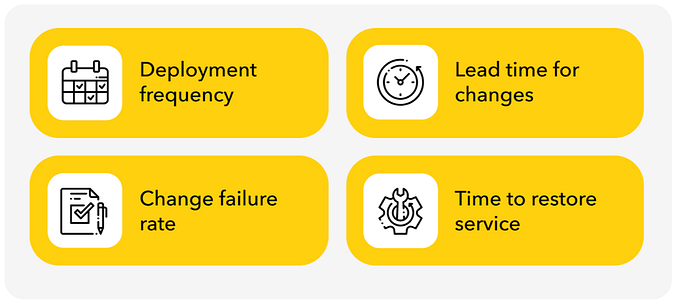Responsiveness and collaboration are key for successful EdTech development and adoption

EdTech companies that succeed usually do so for several reasons. First of all, they study the market to see what is already out there. Second, they reach out to educators, students and officials to understand whether a potential solution would be of interest and could be implemented. Third, they collaborate and run trials with their prospective users to tailor their products to the specific learning conditions. Fourth, they adapt to be able to market.
Learning environments vary significantly across physical locations, socioeconomic contexts and cultures. These environments transform slower than new technological features become available, which means that the role of technology is to complement the educational process and not vice versa. Therefore, successful EdTech startups should adjust their products in order to innovate and transform learning.
This text will focus on the role of product trials in the EdTech adoption process.
First pilot and then market
EdTech developers use a wide array of programming and technology solutions in their products. They use artificial intelligence (AI) and machine learning (ML) to personalize teaching experiences; virtual (VR) and augmented reality (AG) to facilitate distant and immersed practice-oriented learning for specialists and students in various fields; and blockchain to ease administration, application processing and more.
The modern state of technological progress opens almost a limitless potential for the use of technology in learning. However, a good EdTech product is not simply a combination of technical innovations but is also a platform that is aimed at solving particular learning needs. You could land a shuttle on a highway, but why would you?
Understanding this problem, some EdTech companies and technology adopters launched a series of initiatives that allow both sides to test and evaluate pilot educational products tailored to specific learning environments and needs.
For example, the EdTech Pilot Framework initiative is a collaborative platform that combines general guidelines and resources for developing, testing and implementing technology in education. Another similar initiative, Learning Assembly Piloting Toolkit, is a network of seven NGOs that collaborates closely with schools and educational institutions across the US to introduce and test education technology in classrooms.
Piloting is an efficient way of system bug-fixing and validating product functionality and its applications in real-time teaching and learning conditions. EdTech Pilot Framework and Learning Assembly Piloting Toolkit are among the initiatives that facilitate such testing procedures.
Collaboration between developers, educators and learners is critical

EdTech collaborative initiatives start with identifying educators’ needs in order to come up with a list of technological solutions that can address these needs. Further, both users and developers create a roadmap where all the general features, metrics and goals are discussed to avoid misconceptions on both sides.
When the pilot is introduced into the educational setting, developers provide guided training for teachers, students and administrators to make sure they understand how to properly use the product. Then, both educators and developers collect data on the pilot’s performance to evaluate its efficiency, introduce necessary adjustments and make informed decisions on the final product’s implementation.
As a result, the developers get a product that could be further implemented in similar educational settings, while the educators get a solution tailored to their teaching and learning requirements.
Besides, such initiatives as EdTech Marketplace Today collect voices from stakeholders in the field of education technology that provide educators and developers with ongoing insights on the most common issues associated with technology adoption in classrooms and other learning environments. These include social and economic inequality, technological transparency, distance learning and other issues.
Early-stage trials may help improve EdTech products
Carnegie Learning ran a pilot trial of their MATHia software at South Middle School and Brockton High School for 20 weeks during October 2018 and March 2019. The main idea was to test a blended learning approach — a combination of online and offline educational activities.
The pilot was facilitated in cooperation with LearnLaunch — an education innovation hub, which provided blended learning instruction coaches and financial support to Brockton High and South Middle schools to implement the pilot.
As a result of this pilot, school teachers became familiar with the blended learning techniques available for the middle- and high school math classes, the students learned the online tools that can facilitate their math learning, and Carnegie Learning received valuable data that allowed them to improve their EdTech software.
The pilot showed that MATHia software was more efficient for middle school students. It also allowed Carnegie Learning to scale up the product and implement it in two more middle schools after the trial, while the high school implementation was postponed.
Read the full article here >>









